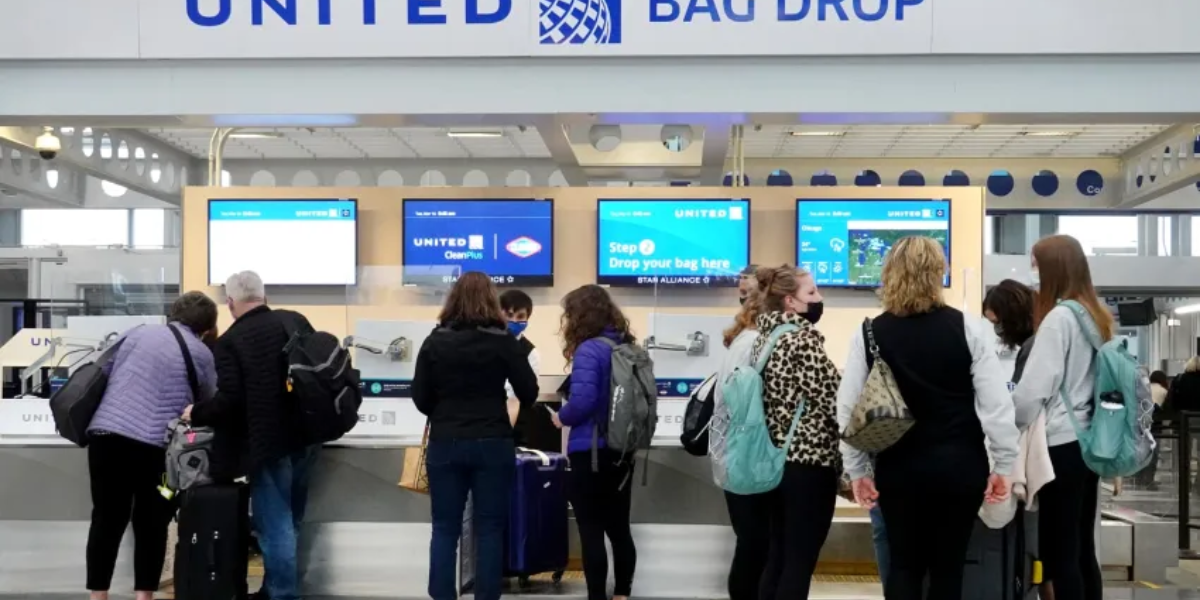Los Angeles, CA – Today, a new viral claim has sparked debate about how rideshare companies like Uber may use personal data to influence pricing strategies. TikTok user Adhiraj (@adhirajhangal) alleges that Uber leverages your phone’s low battery status to push surge pricing higher, preying on riders who feel pressured to accept expensive fares when their devices are running out of power.
As rideshare companies already face criticism for various controversial practices, this latest accusation has reignited concerns about privacy and pricing ethics within the gig economy.
Allegations That Uber Monitors Battery Life to Manipulate Surge Pricing
In a TikTok video viewed over 70,000 times, Adhiraj claims that Uber tracks your phone’s battery level to determine when to maintain higher surge pricing. According to him, Uber’s AI identifies customers with dying batteries as less likely to delay booking or search for alternatives, giving the company an incentive to extend surge pricing duration.
“When your battery’s dying, Uber’s AI knows you’re less likely to wait for surge prices to drop or shop around for alternatives,” Adhiraj explains. “So they keep surge pricing high longer because they know desperate people will pay it.”
This tactic is described as psychological manipulation, where the company allegedly collects data from millions of users to perfect this pricing strategy. Adhiraj summarizes: “Your desperation is their business model.”
What Does Uber Say About These Claims?
Uber has issued a strong denial. Speaking to BroBible, the company called the accusations “100% false” and stated that it “does not use any information about a user’s cell phone battery level in setting prices, and has never done so.”
However, the debate isn’t new. In 2016, Keith Chen, Uber’s former head of economic research, admitted in an NPR interview that Uber discovered users with low battery levels were more likely to accept surge pricing — but Uber has consistently maintained they do not use this data to alter prices.
Further scrutiny includes a test by a newspaper where two phones placed ride requests with differing battery levels; the one with a low battery was initially quoted a higher price. Yet, attempts to replicate this experiment have failed in subsequent tests. As a result, fact-checkers like Snopes categorize the claim as “unproven.”
- Uber’s official stance denies using phone battery data for pricing algorithms.
- Past research recognized correlations but denied intentional price manipulation.
- Independent tests have yielded inconsistent results regarding surge pricing and battery level.
Read Also: Chicago Woman Sparks Debate With Viral Video of Bartender Using ‘3-Sink’ Cleaning Method
Public Concerns and Reactions
The controversy has sparked unease among app users regarding the vast amount of personal data accessible to rideshare platforms. Many voiced discomfort with the possibility that apps might exploit such information beyond the scope of their services.
“What other information is my phone sending to these companies that has nothing to do with the service they provide?” questioned one user online.
Others shared practical reactions to the claim:
- “Yeahhh that’s why I carry a charger on me lmao,” a user joked.
- “There is almost no distance that I’m not willing to walk,” another added, highlighting reluctance to pay surge prices.
This insight reflects growing consumer wariness surrounding data privacy and pricing transparency in rideshare apps. BroBible has reached out to the original TikTok accuser for further comments.
For more background and detailed discussion on these claims, visit the full article on BroBible.
What This Means for Riders and the Future of Rideshare Pricing
While Uber denies manipulating prices based on battery levels, the controversy raises important questions about transparency in pricing algorithms and data privacy.
- Riders should remain aware of surge pricing triggers and consider alternatives.
- Understanding what data apps access can empower users to adjust permissions or usage behavior.
- Industry watchdogs may increase scrutiny on rideshare platforms’ data practices moving forward.
As rideshare apps continue to evolve, balancing innovative pricing strategies with customer trust remains a critical challenge.
What Do You Think?
What do you think about the claim that Uber uses your phone’s battery level to influence surge pricing? Have you ever experienced surge pricing when your phone was dying? Share your thoughts in the comments below!


 by
by 

